Large meals were meant for sharing, right? If you are considering sharing with your pet, however, this may cause more harm than good. During the holiday season, many pet owners want to shower their pets with extra love, attention, and of course, treats. But, careful attention to the types and the amount of food you offer your furry pal is essential to ensure their safety. The South Shores Pet Clinic team shares our list of safe and unsafe holiday pet foods and treats to guide your decision-making this season.
Unsafe for pets: Baked goods
Many baked goods intended for human consumption may contain various pet-toxic ingredients, including:
- Chocolate — Chocolate overstimulates the nervous system, causing hyperactivity, tremors, seizures, arrhythmias, vomiting, electrolyte disturbance, and death in some cases. Effects are dose-dependent—the more the pet eats, the worse the outcome.
- Raisins — Raisins can cause acute kidney failure a few hours or days after consumption.
- Xylitol — This artificial sweetener is a sugar alcohol that, in dogs, causes a massive insulin spike, which lowers their blood sugar to dangerous levels. Xylitol can also cause liver failure in some cases.
Additionally, baked goods often contain large amounts of butter and oil, which can cause pancreatitis in susceptible pets. Pancreatitis occurs when dietary fat overwhelms the pancreas and causes premature activation of digestive enzymes, which then damage the pancreatic cells from the inside out and cause pain, vomiting, and appetite loss.
Safe for pets: Home-made pet cookies
Instead of allowing your furry pal a piece of the literal pie, bake them their own special holiday treat. Look for limited-ingredient and easy-to-follow recipes whose ingredients include oats, flour, peanut butter, banana, cinnamon, or honey.
Unsafe for pets: Fatty meat cuts
Like butter and oil in baked goods, fatty meat cuts—including dark meat, poultry skin, meat drippings, and meat gravies—can trigger pancreatitis in susceptible dogs. This serious illness typically requires treatment for several days in the hospital and can cause severe and lasting effects on other organs.
Safe for pets: Skinless lean meats
Small amounts of skinless, boneless, and lean meats are acceptable treats for most pets, but you must pay close attention to their fat content and cooking method. Boil chicken or turkey, or cook extra-lean ground meats in a plain pan and drain excess fat before serving. Do not use butter, oil, or spices on cooked meats—the meat flavor alone will entice your furry pal.
Unsafe for pets: Cooked meat bones
Cooked meat bones, such as from a turkey or ham, are fragile and can easily splinter while your pet is chewing. Bone shards and fragments may eventually pass through the digestive system, but they could also become stuck or lacerate the intestinal lining, which would require emergency surgery.
Safe for pets: Highly digestible chews
Instead of fragile cooked bones from the humans’ meal, offer pet-safe chew items that you keep at the ready. These make excellent, long-lasting treats and will distract your pet from the dinner table. Rubber and nylon are appropriate non-edible chew materials. Edible chews should have a short ingredient list and be labeled “highly digestible.” Raw animal bones and antlers, except soft moose antlers, are too hard for some pets and can break their teeth.
Unsafe for pets: Holiday stuffing and casseroles
Cooked holiday dishes containing onions or garlic from Allium family plants are toxic for pets. Cats seem more sensitive than dogs, but either species can experience red blood cell damage and significant anemia several days after ingestion. Because these flavorings are so popular, they can be difficult to completely avoid, so you should assume that most holiday casseroles and stuffings contain one or both of these ingredients and avoid sharing them with your four-legged friends.
Safe for pets: Plain vegetables
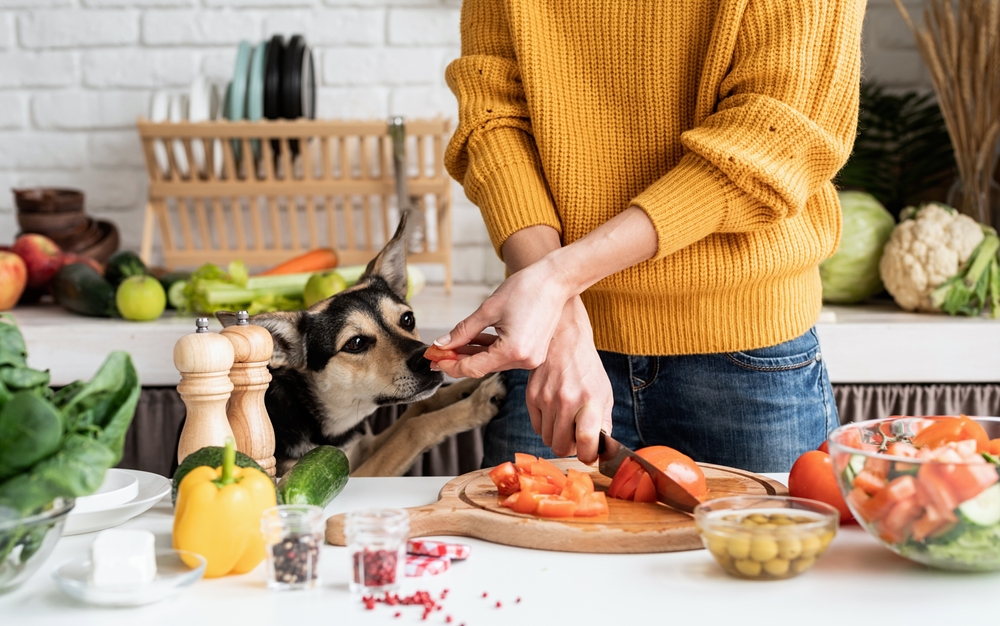
Vegetables are a great complement to the cooked lean meats. For maximum safety, follow the same rules as meats, which means avoiding butter, oil, and spices during preparation. Boiling or steaming is appropriate for most pet-safe vegetables, which include potatoes, sweet potatoes, carrots, squash, pumpkin, green beans, corn—off the cob—and kale.
Stick to pet-safe holiday foods to provide extra treats and love—remembering that treats should comprise less than 10% of your furry pal’s total nutrient intake. If your pet eats an unsafe food or develops illness signs related to holiday indulgence, contact the South Shores Pet Clinic team for assistance. For known poisonings, we recommend that you contact the ASPCA Animal Poison Control Center and head straight to your nearest veterinary emergency hospital.


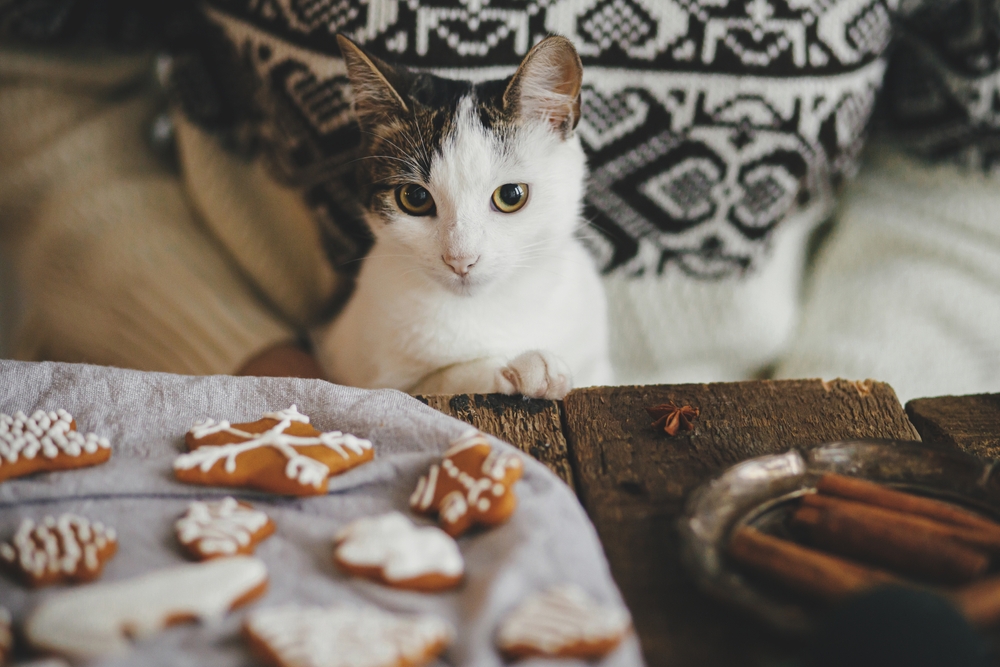
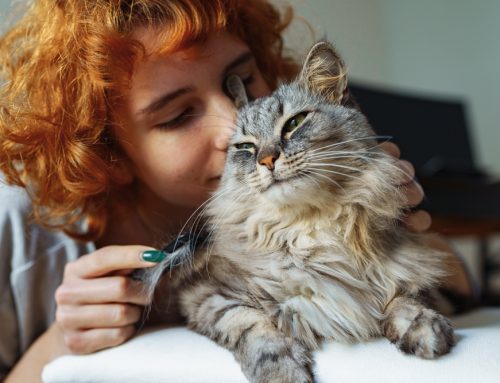
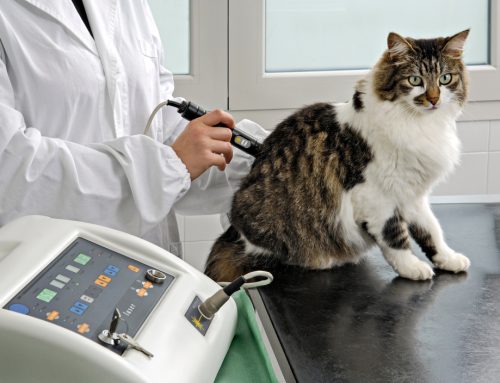

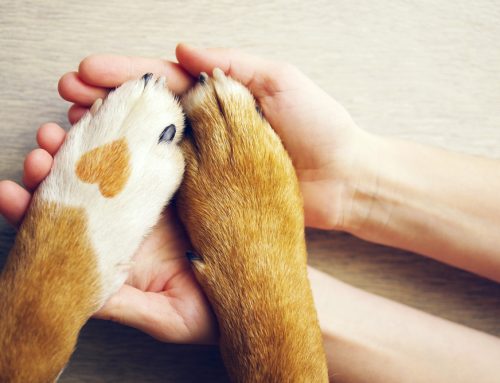
Leave A Comment